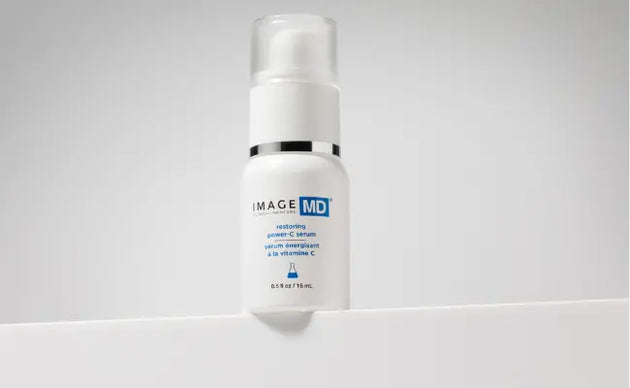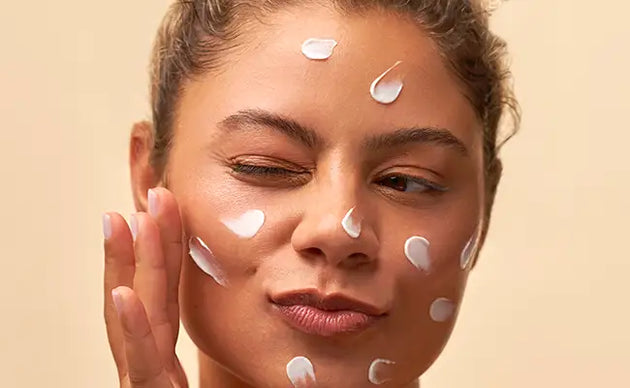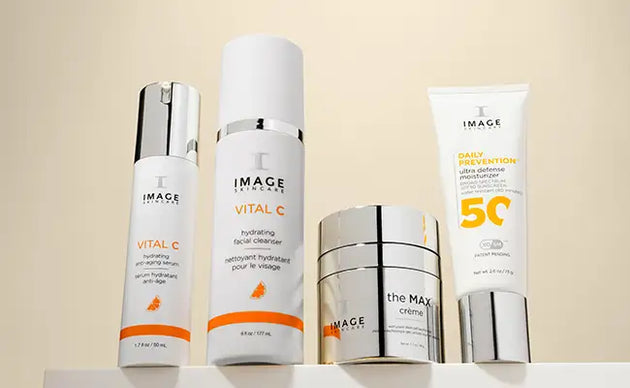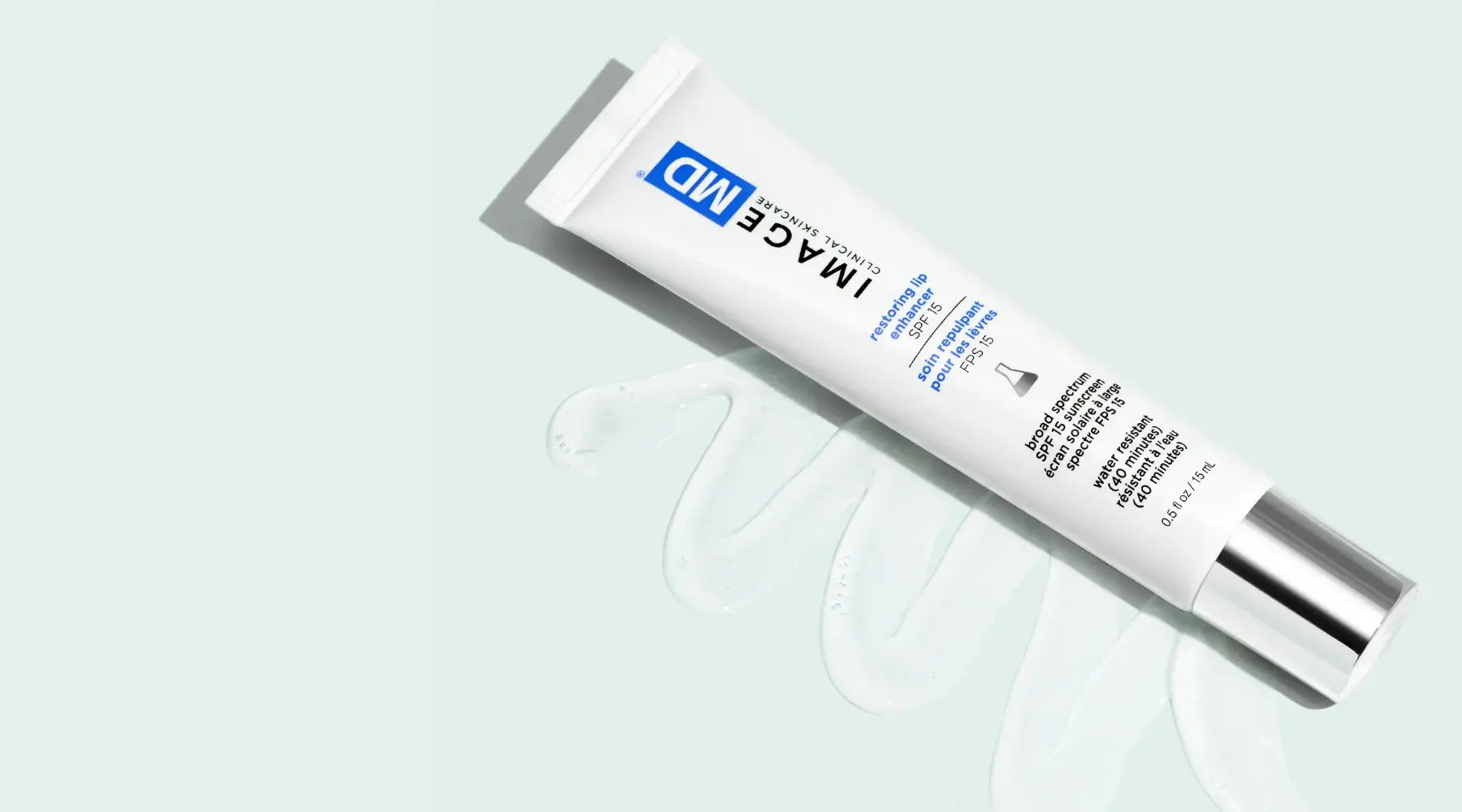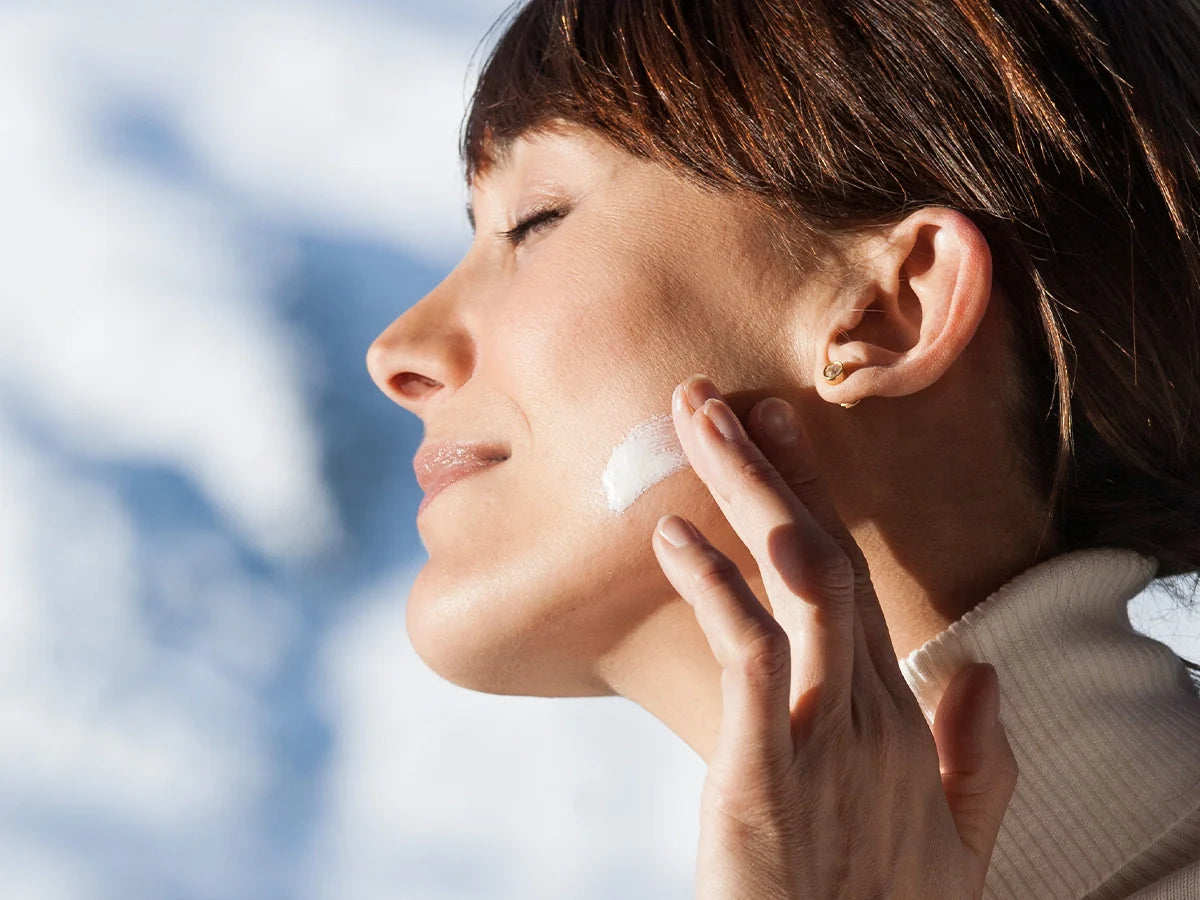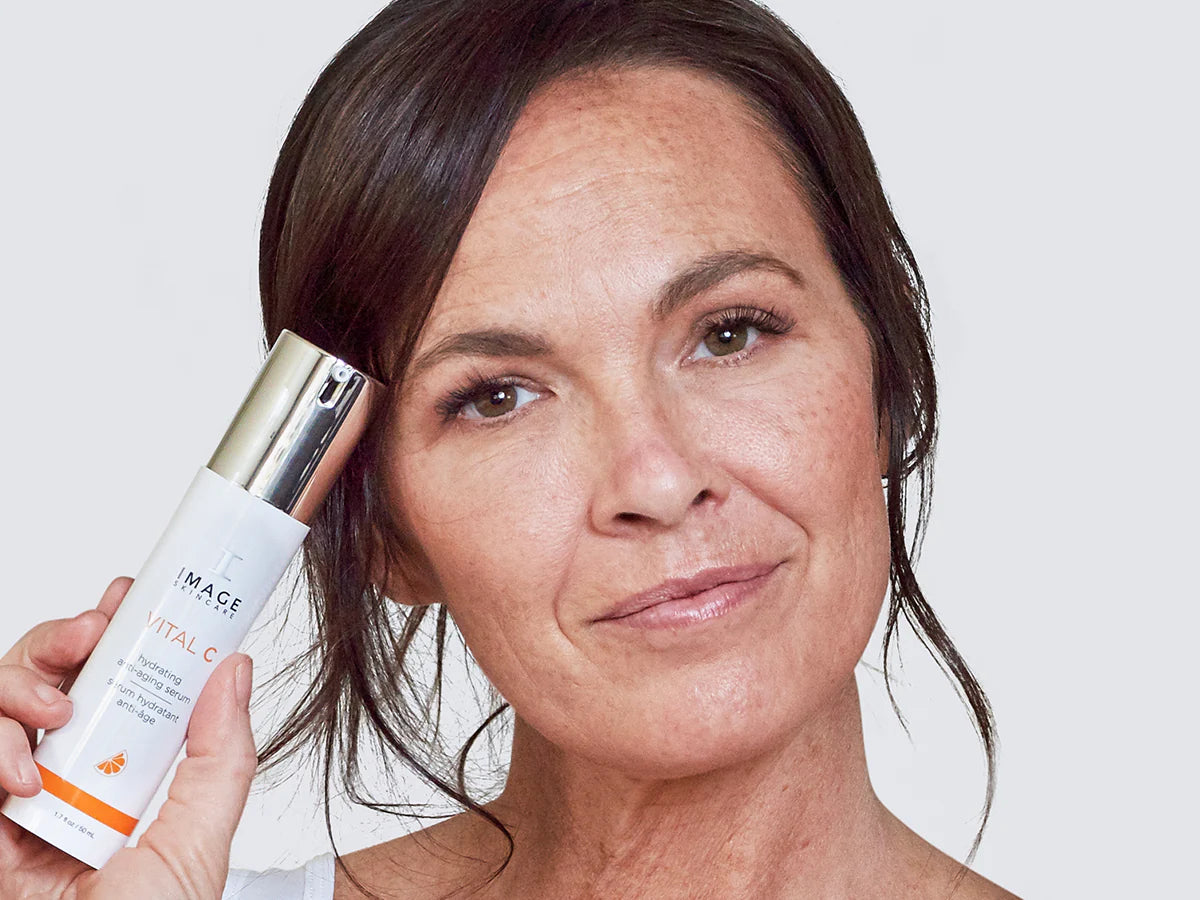
Combat Collagen Loss with Retinol and Vitamin C Skincare
- The Power Duo: Retinol and Vitamin C
- The Benefits of Retinol in Skincare
- The Benefits of Vitamin C in Skincare
- IMAGE Skincare Kits to Combat Collagen Loss
- Conclusion
- FAQs
As we age, our skin's natural collagen production decreases, leading to wrinkles, sagging, and a loss of firmness. While we can't completely stop the aging process, incorporating effective skincare ingredients like retinol and vitamin C can significantly help combat collagen loss. These ingredients are among the most well-studied and effective for reversing signs of aging and maintaining skin health.
This blog will explore how retinol and vitamin C work synergistically to promote collagen production and highlight three IMAGE Skincare kits designed to help you achieve a youthful, radiant complexion.
The Power Duo: Retinol and Vitamin C
Retinol is a derivative of vitamin A and is renowned for its ability to boost collagen production and accelerate cell turnover. This process helps to reduce the appearance of fine lines, wrinkles, and uneven skin texture. By stimulating collagen synthesis, retinol strengthens the skin’s foundation, improving elasticity and firmness over time.
Vitamin C, on the other hand, is a powerful antioxidant that protects the skin from environmental damage and promotes collagen formation. It helps to brighten the complexion, reduce hyperpigmentation, and protect existing collagen from oxidative stress. When used together, retinol and vitamin C can enhance each other's effectiveness, resulting in a more resilient and youthful appearance.
The Benefits of Retinol in Skincare
Retinol is a powerhouse ingredient in the fight against aging. Its ability to stimulate collagen production is one of the primary reasons it is so effective. By encouraging cell turnover, retinol helps to shed dead skin cells and promote the growth of new ones. This leads to smoother, fresher-looking skin. Additionally, retinol can help to:
Reduce Fine Lines and Wrinkles: Regular use of retinol can diminish the appearance of fine lines and deep wrinkles by promoting collagen production and skin renewal.
Improve Skin Texture and Tone: Retinol's exfoliating properties help to smooth rough patches and even out skin tone, giving you a more uniform complexion.
Minimize Pores: By keeping pores clear and promoting cell turnover, retinol can reduce the appearance of enlarged pores.
Boost Skin Elasticity: By enhancing collagen production, retinol helps to maintain and improve skin elasticity, making it appear firmer and more youthful.
The Benefits of Vitamin C in Skincare
Vitamin C is an essential nutrient for skin health. Its antioxidant properties make it a critical component in any anti-aging skincare routine. Here’s how vitamin C can benefit your skin:
Brightening: Vitamin C helps to reduce the appearance of dark spots and hyperpigmentation, leading to a brighter and more even skin tone.
Collagen Production: As a co-factor in collagen synthesis, vitamin C is crucial for maintaining the skin’s firmness and elasticity. It helps to repair damaged collagen and stimulates the production of new collagen.
Protection Against Environmental Damage: Vitamin C neutralizes free radicals caused by UV exposure and pollution, protecting the skin from oxidative stress and preventing premature aging.
Hydration: Some forms of vitamin C, like ascorbic acid, can help to hydrate the skin and improve moisture retention, leading to a plump and youthful appearance.
IMAGE Skincare Kits to Combat Collagen Loss
IMAGE Skincare offers a variety of professionally curated products that combine retinol and vitamin C to help you achieve your best skin. Here’s a closer look at three kits specifically designed to target collagen loss and promote overall skin health.
Conclusion
Remember, while no product can completely halt the aging process, using scientifically backed ingredients like retinol and vitamin C can make a significant difference in how your skin looks and feels. The good news is, IMAGE offers a robust selection of products with vitamin C and retinol, suitable for all skin types and conditions. By incorporating these products into your daily routine, you can experience refined texture, enhanced firmness, and improved overall skin health that will improve with time and consistency.
FAQs
1. What is the best time to apply retinol and vitamin C in my skincare routine?
Retinol is best applied at night, while vitamin C can be applied in the morning to protect your skin from environmental damage.
2. Can I use retinol and vitamin C together?
Yes, retinol and vitamin C can be used together but consider applying vitamin C in the morning and retinol at night to avoid potential irritation.
3. How long does it take to see results from using retinol and vitamin C?
Visible improvements can typically be seen after 4-12 weeks of consistent use, with full benefits appearing over several months.
4. Are there any side effects of using retinol and vitamin C?
Some users may experience mild irritation, redness, or dryness, especially when starting retinol. It’s essential to use sunscreen and moisturizers to protect and hydrate the skin.
5. Can retinol and vitamin C help with acne scars?
Yes, both retinol and vitamin C can help reduce the appearance of acne scars by promoting cell turnover and collagen production, leading to smoother and more even skin.

